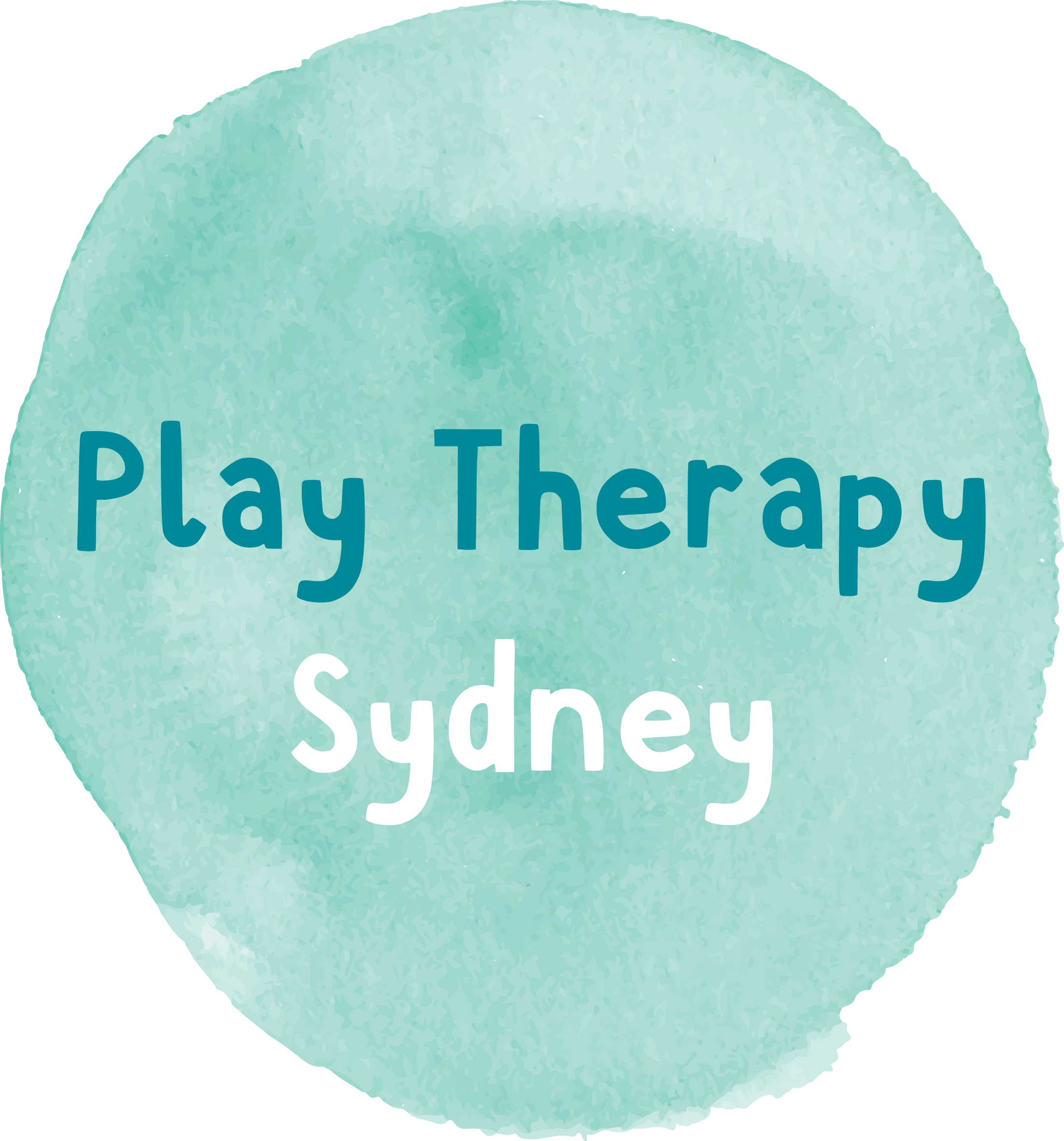FILIAL PLAY THERAPY / PARENT–CHILD RELATIONSHIP THERAPY
Filial play therapy, or parent-child relationship therapy is a short-term therapy for you and your child that can yield long-term results.
During these therapy sessions, Angelique trains and supervises parents as they hold special child-centered play sessions with their own children. This technique engages parents as partners in the therapeutic process and equips them to be the primary agents of change for their own children.
HOW DOES IT WORK?
Filial play therapy begins with an assessment session where Angelique will observe your family playing together. She will then participate in a child-centered play therapy session with each child in the family while the parents learn and observe. These play sessions are followed by a full discussion between Angelique and the parents.
After this initial assessment the therapy now enters the training phase. During this phase Angelique draws from behavioral and social learning theory to prepare parents to hold their own play sessions.
This begins with mock play sessions where Angelique plays the role of the child while the parents practice the four play session skills–structuring, empathic listening, child-centered imaginary play, and limit-setting.
Next, the parents will hold short play sessions with their children with Angelique supervising . Each play session is followed by a debriefing and discussion where the parents and Angelique discuss their skill development as well as play themes and any other issues that arise.
When the parents are competent and confident in conducting the play sessions, they begin holding them weekly with each child at home, meeting with Angelique to discuss the sessions, any changes in the family, and how to incorporate the skills they’re developing in everyday family life.
Many families choose to keep holding the play sessions long after therapy ends because of their power to enhance family relationships and prevent future problems.
This kind of therapy provides a safe context where parents can change, just as parents' acceptance during play sessions offers children a secure environment where they can explore, develop, and overcome difficulties.


